Polis Beach Erosion the Worst in 20 Years, Cyprus
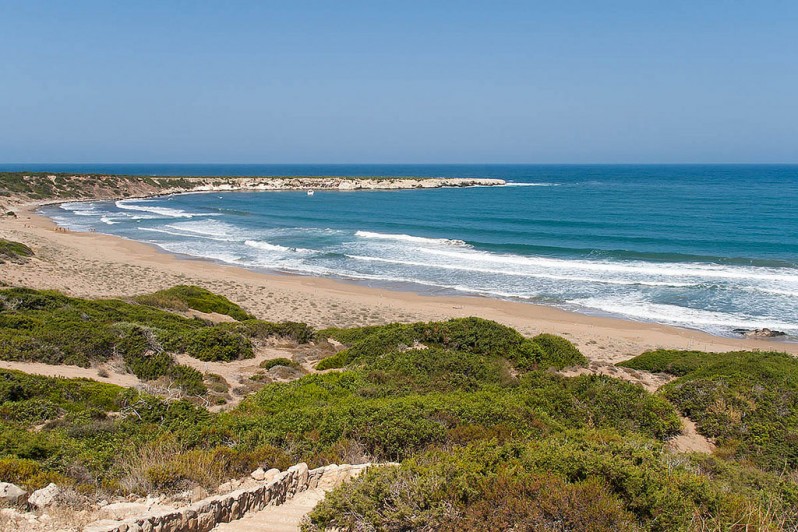
Climate change could be the reason for conditions which have led to drastic coastal erosion at a popular Polis beach, and experts say bad weather which battered the island has caused the worst erosion witnessed for at least twenty years.
Seawall ‘Option’ Won’t Wash
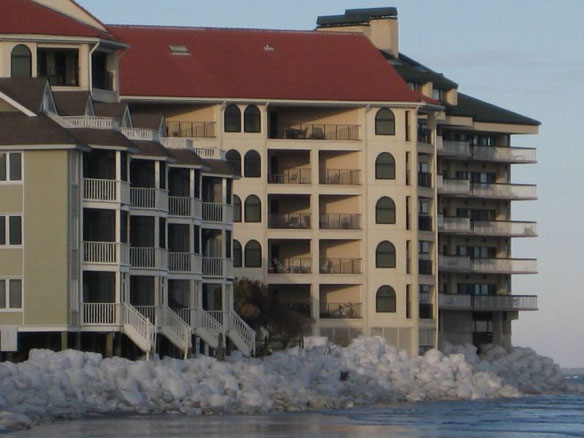
Hard erosion control devices aren’t generally allowed on South Carolina beaches, and with good reason. Here’s why: Seawalls actually can accelerate erosion, often on adjacent property.
Conservationists Call On House To Stop Looser Beach Erosion Rules, SC
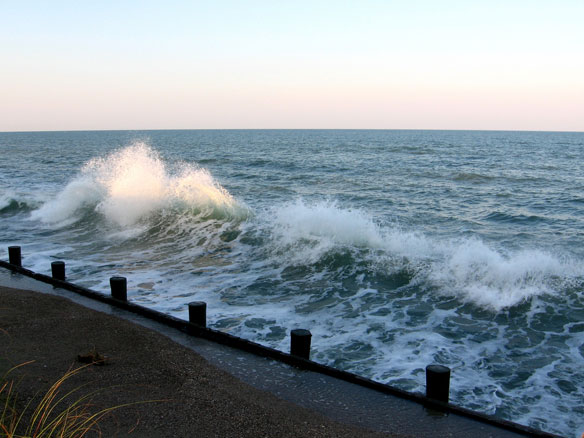
Environmentalists denounced a bill to let a handful of property owners rebuild the aging Debordieu seawall, despite a state law that banned seawalls about a quarter century ago. The ban, adopted as part of the 1988 beach management act, was enacted because seawalls are known to make beach erosion worse when slammed by waves.
Controversy Brews Over Coastal Adaptation Project

Plans for adapting to climate change in Cartagena, Colombia, were first outlined back in 2004, and continue to advance in spite of the voices raised in protest. While the authorities applaud the plans, many local people have their doubts…
Fragile Western Isles Ecosystem Under Threat
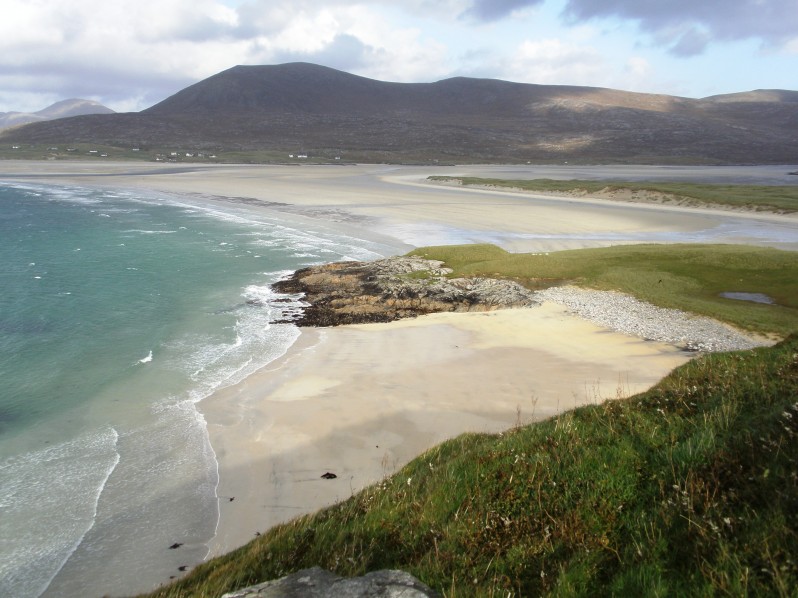
The traditional crofting way of life is under threat in Scotland’s Western Isles because of a fundamental misunderstanding of how Atlantic wave action affects their coastlines, a University of Ulster academic has revealed.
In Rhode Island, Protecting a Shoreline and a Lifeline
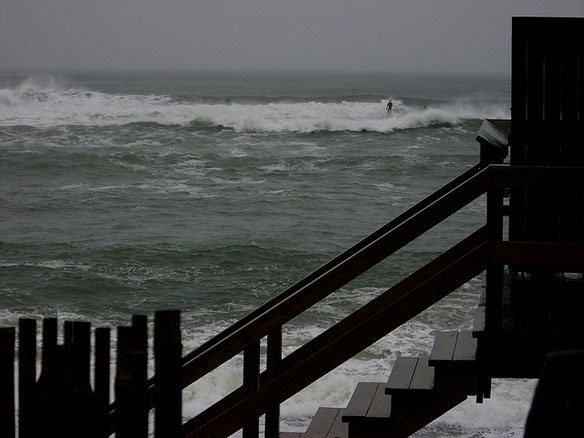
Coastal erosion, a natural effect of Matunuck’s direct exposure to the elements in an area prone to sand-sucking northeasters, has shrunk parts of the once more than 100 feet beach, to less than a dozen feet during high tide…
Ocean Beach Erosion: New Plan Crafted
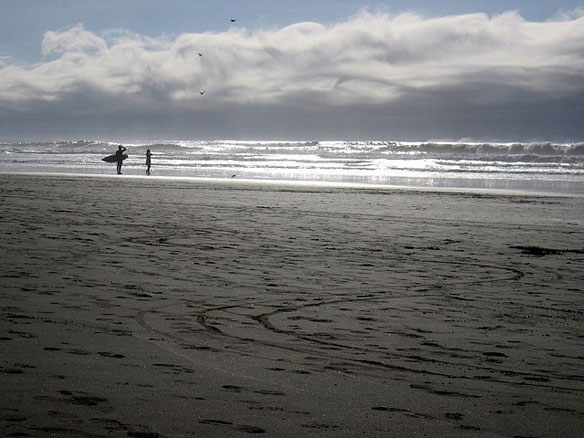
The silver tide that surges through Ocean Beach from dawn to dusk is a surfer’s delight. For San Francisco, however, it is an unrelenting test of nature.
Panel Rejects Plan for Matunuck Retaining wall, Rhodes Island
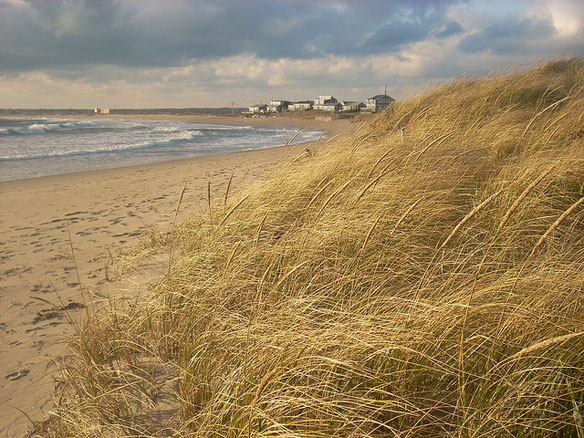
A state environmental panel has rejected plans by South Kingstown officials to build a 200-foot retaining wall to protect the only road leading in and out of Matunuck, RI, from beach erosion.
Rethinking Living Shorelines
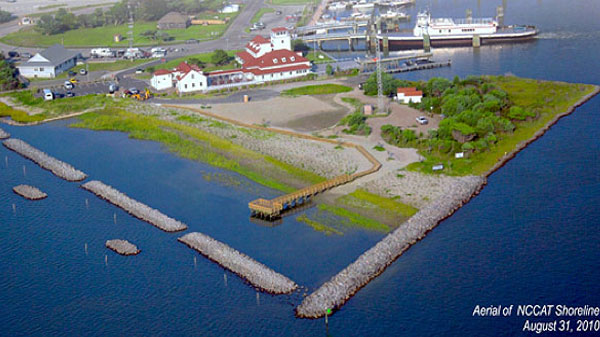
In response to the detrimental environmental impacts caused by traditional erosion control structures, environmental groups, state and federal resource management agencies, now advocate an approach known as “Living Shorelines” that embraces the use of natural habitat elements such as indigenous vegetation, to stabilize and protect eroding shorelines. By Orrin H. Pilkey, Rob Young, Norma Longo, Andy Coburn.
